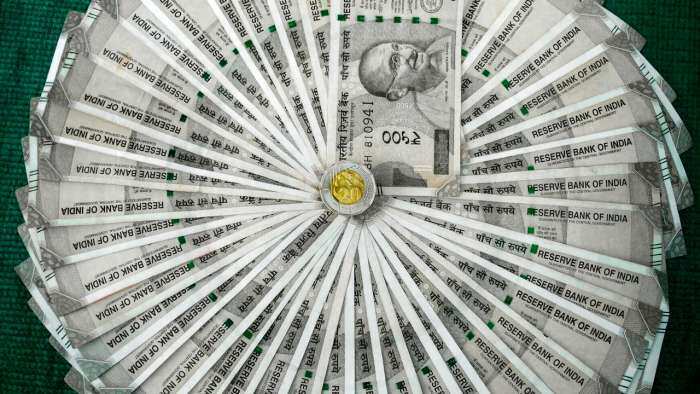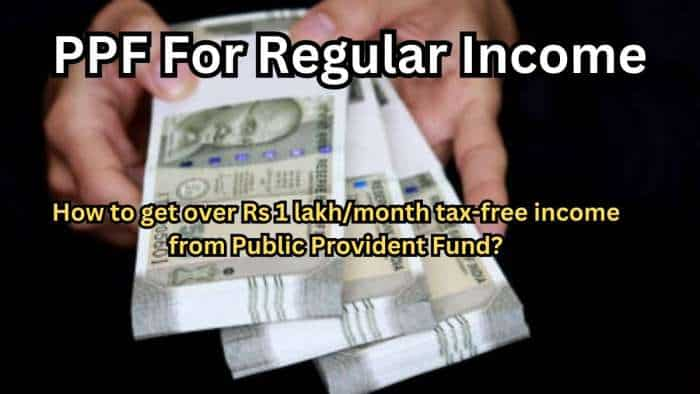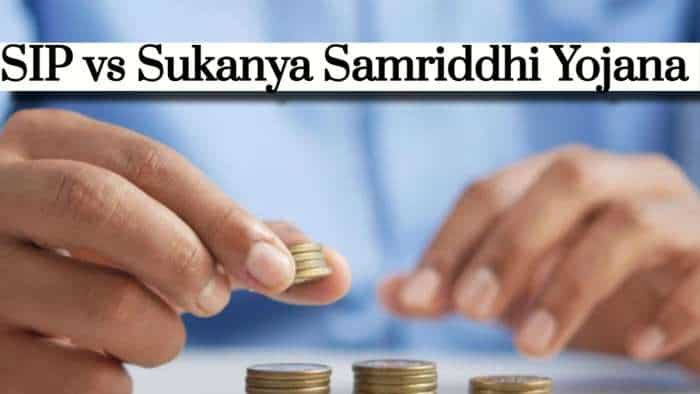Centre allows traders to export non-basmati rice trapped at ports under certain conditions
Last month, the government decided to ban non-basmati rice exports to tame soaring prices of the grain in the domestic markets, suddenly leaving cargoes containing thousands of tonnes of the grain stuck at ports. The Centre’s move followed similar restrictions on the export of broken rice last year.
)
In a major relief to rice exporters, the government has permitted traders to carry on with their outgoing non-basmati consignments already submitted to the customs department under certain conditions. In an official notification amending an earlier order, the trade ministry said eligible traders, whose consignments had already undergone processes such as billing and payment of duty before a ban on non-basmati rice exports came into force last month, can continue with their outward shipments till October 30.
Last month, the government decided to ban non-basmati rice exports to tame soaring prices of the staple in the domestic markets, suddenly leaving cargoes containing thousands of tonnes of the grain stuck at ports. The Centre’s move followed similar restrictions on the export of broken rice last year.
The Directorate General of Foreign Trade (DGFT), under the Ministry of Commerce and Industry, in its latest notification released on Tuesday, said that only traders with customs clearance in place, along with tasks such as the handover of consignment and the issuance of receipt upon successful payment of the export duty being complete, by 9:57 pm on July 20 will be permitted to ship out their cargoes, till October 30.
The news boosted the stocks of rice exporters, such as KRBL, Kohinoor Foods and LT Foods, on Wednesday.
ALSO READ: KRBL, Kohinoor stocks jump after Centre amends export ban rules for non-basmati rice
Late but plentiful rainfall in the monsoon season in the country caused significant damage to kharif crops such as paddy, sending the retail rates of the staple food soaring by as much as three per cent in a month.
Prior to the ban that came into force on July 20, non-basmati varieties of rice attracted a 20 per cent tax. The ban immediately put upward pressure on global rice rates, already hovering around 11-year highs.
Rice is a staple food in India, which accounts for about 40 per cent of the world's trade of the grain. The non-basmati category enjoys the lion’s share of the country’s total rice exports.
After the imposition of the ban on non-basmati rice exports, the Centre also announced a 20 per cent tax on parboiled rice exports and introduced a floor price for overseas sales of basmati rice, as part of efforts to keep a lid on local prices.
In 2022, non-basmati and broken varieties of rice accounted for around 10 million tonnes out of the country’s total of 22 million tonnes of rice exports.
(With inputs from agencies)
Catch latest stock market updates here. For all other news related to business, politics, tech, sports and auto, visit Zeebiz.com.
Get Latest Business News, Stock Market Updates and Videos; Check your tax outgo through Income Tax Calculator and save money through our Personal Finance coverage. Check Business Breaking News Live on Zee Business Twitter and Facebook. Subscribe on YouTube.
RECOMMENDED STORIES

SIP Calculation at 12% Annualised Return: Rs 10,000 monthly SIP for 20 years, Rs 15,000 for 15 or Rs 20,000 for 10, which do you think works best?

FD Rates for Rs 10 lakh investment: Compare SBI, PNB, HDFC, ICICI, and Post Office 5-year fixed deposit returns

LIC Saral Pension Plan: How much should you invest one time to get Rs 64,000 annual pension for life?

SIP Calculation at 12% Annualised Return: Rs 1,000 monthly SIP for 20 years, Rs 4,000 for 5 years or Rs 10,000 for 2 years, which do you think works best?

UPS vs NPS vs OPS: Last-drawn basic salary Rs 90,000 and pensionable service 27 years? What can be your monthly pension in each scheme?

Monthly Pension Calculations: Is your basic pension Rs 26,000, Rs 38,000, or Rs 47,000? Know what can be your total pension as per latest DR rates
01:36 PM IST











 Government allows non-basmati white rice exports with minimum price cap of $490 per tonne
Government allows non-basmati white rice exports with minimum price cap of $490 per tonne Indian rice exporters face challenges amid policy risks and high prices in 2024
Indian rice exporters face challenges amid policy risks and high prices in 2024 Why rice stocks—KRBL, LT Foods, Chaman Lal Setia — declined in strong market? Details
Why rice stocks—KRBL, LT Foods, Chaman Lal Setia — declined in strong market? Details  Centre calls meeting to review status of rice procurement on August 30; IMC to hold discussion on rising prices today
Centre calls meeting to review status of rice procurement on August 30; IMC to hold discussion on rising prices today Asia Rice: Lockdowns and export curbs limit activity in major hubs
Asia Rice: Lockdowns and export curbs limit activity in major hubs